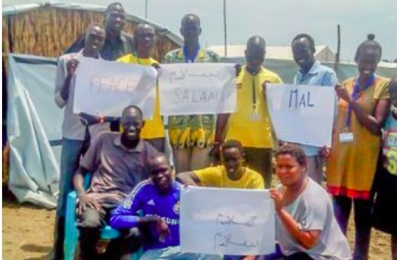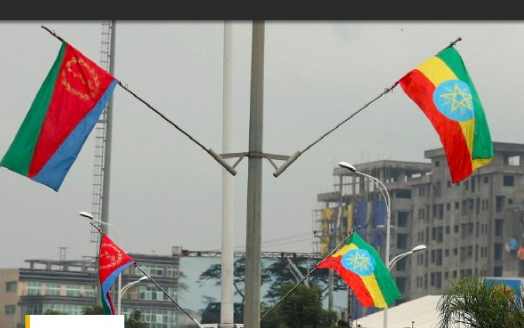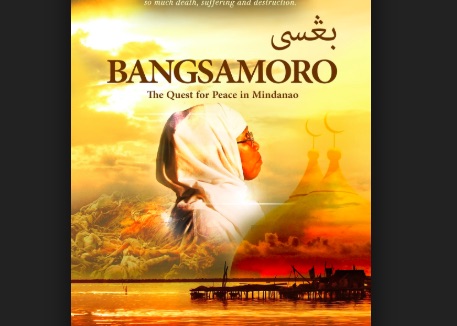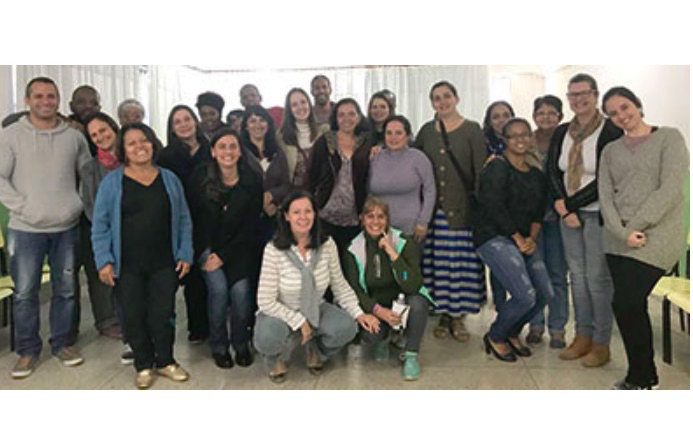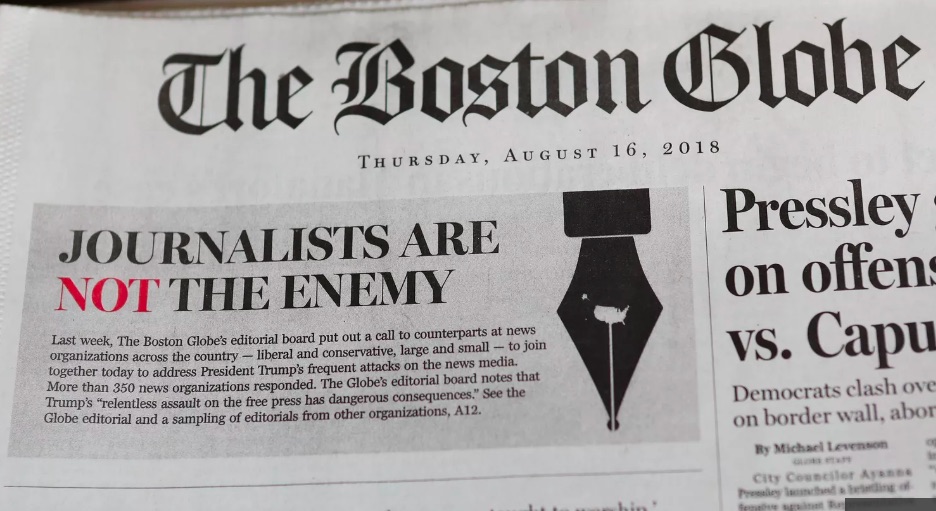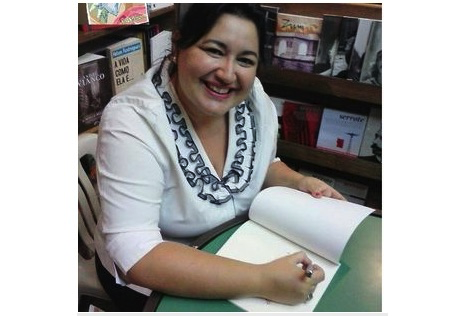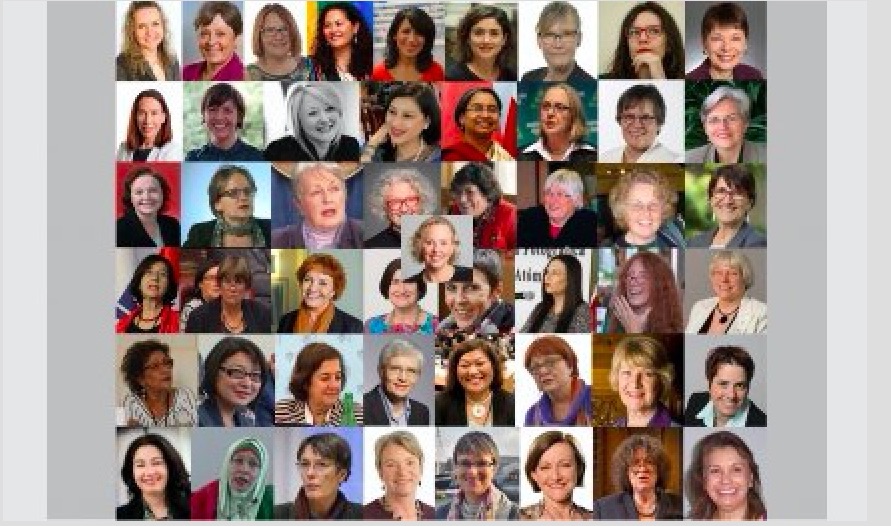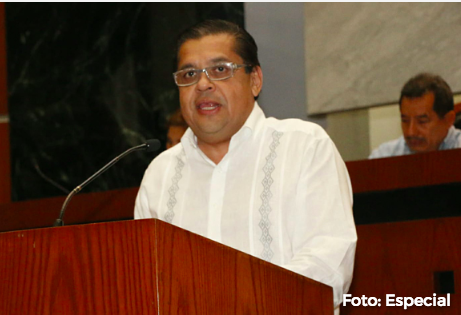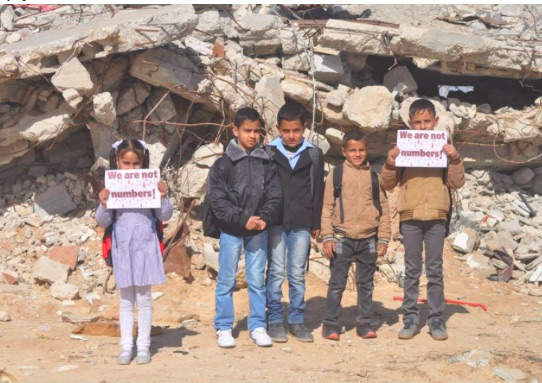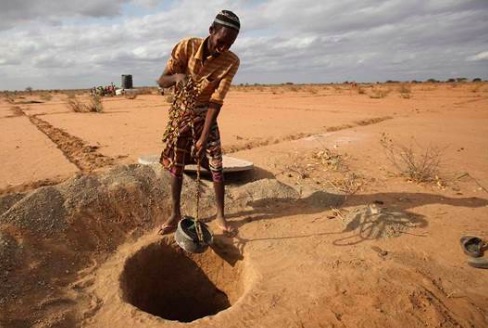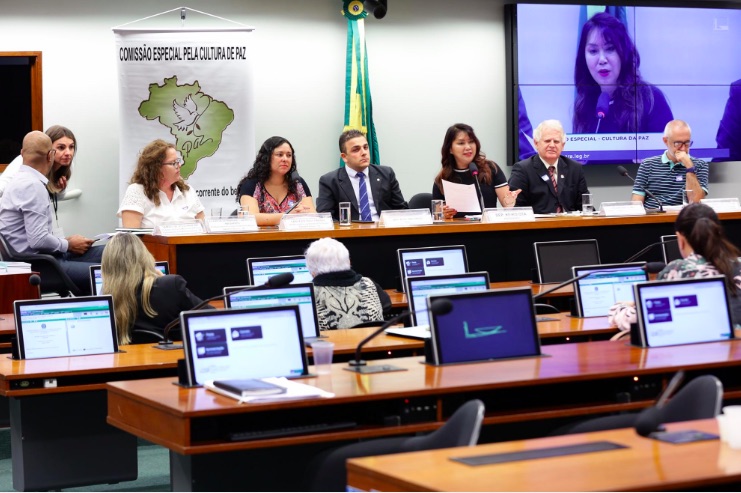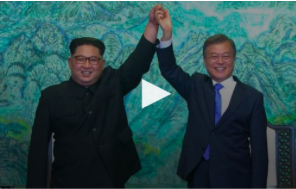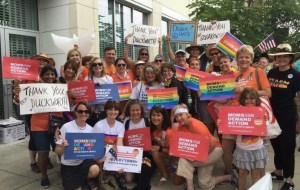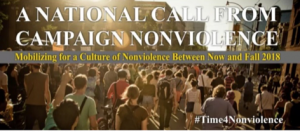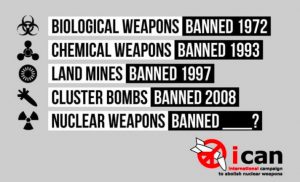Here are the comments of Henry A. Giroux, writing in Tikkun magazine. Giroux currently holds the McMaster University Chair for Scholarship in the Public Interest in the English and Cultural Studies Department and the Paulo Freire Distinguished Scholar in Critical Pedagogy:
“Passing thoughts on the willingness of the politicians and merchants of death who allow the unimaginable to become imaginable, allow financial gain to prevail over the lives of innocent children, and are more willing to protect guns at the expense of the lives of children.
President Trump listened recently to the impassioned testimony of parents and children who have seen their children and friends killed in gun shootings. He responded by advocating that teachers be armed and trained to have concealed weapons.
Instead of confronting the roots of violence in America, he followed the NRA line of addressing the issue of mass violence, shootings, and the ongoing carnage with a call to arm more people, putting more guns into play, and stating that violence can be met with more violence. This logic is breathtaking in its insanity, moral depravity, refusal to get to the root of the problem, and even advocate minor reforms such as banning assault rifles and high-capacity ammunition magazines, and expanding background checks.
There are 300 million guns in the United States and since the mass murder at Sandy Hook Elementary School of 20 young children and 6 teachers a decade ago, 11,000 more children have died of gun violence.
There is no defense for putting the policies of the NRA ahead of the lives of children. Criminal acts often pass for legislative policies. How else to explain the Florida legislature refusing to even debate outlawing assault weapons while students from Majory Stoneman Douglas High School sat in the galleys and watched this wretched and irresponsible act take place. How else to explain that the House of Representatives – reduced to an adjunct of the NRA – voted to pass the Concealed Carry Reciprocity Act (H.R.38) which would allow individuals to carry concealed weapons across state lines. These are the people who have the blood of thousands on their hands.
The power of money in politics has morphed into a form of barbarism in which financial gain and power have become more important than protecting the lives of America’s children.
I find it extremely difficult to watch the debates about gun violence on the mainstream media. The call for reform is so limited as to be useless. Instead of banning assault rifles, they celebrate Trump for suggesting that he raise the age to 21 in order for people to buy a weapon of war. Instead of preventing violence from engulfing the country and schools, he calls for arming teachers and the press celebrates his willingness to entertain this issue. Instead of speaking about justice and allowing people to speak who are against deregulating laws restricting or abolishing the merchants of death, the media allows an NRA hawk to speak at the town meeting and rather than calling her out for being a spokesperson for violence rather than justice, they congratulate themselves on promoting balance.
The corporate media has become a normalizing force for violence because they lack the courage to challenge the corporations that control them. They also benefit by peddling extreme violence as a spectacle. They refuse to begin with the issue of money in politics and start instead with what one parent called non-starters. Guns disappear from the conversation and appeals to fear and security take over. Young people have to lead this conversation and move beyond the mainstream media. And when they do appear they have to flip the script and ask the questions they think are important.
Children no longer have a safe space in America, a country saturated in violence as a spectacle, sport, and deadly acts of domestic terrorism. Any defense for the proliferation of guns, especially those designed for war, is criminal. This is the discourse of political corruption, a government in the hands of the gun lobbies, and a country that trades in violence at every turn in order to accrue profits at the expense of the lives of innocent children.
This debate is not simply about gun violence, it is about the rule of capital and how the architects of violence accrue enough power to turn machineries of death and destruction into profits while selling violence as a commodity. Violence is both a source of profits and a cherished national ideal. It is also the defining feature of a toxic masculinity. Gun reform is no substitute for real justice and the necessary abolition of a death-dealing and cruel economic and political system that is the antithesis of democracy.
What are we to make of a society in which young children have a greater sense of moral courage and social responsibility than the zombie adults who make the laws that fail to invest in and protect the lives of present and future generations. First step, expose their lies, make their faces public, use the new media to organize across state lines, and work like hell to vote them out of office in 2018. Hold these ruthless walking dead responsible and then banish them to the gutter where they belong. At the same time, imagine and fight for not a reform of American society but a restructuring along the lines of a democratic socialist order.”
